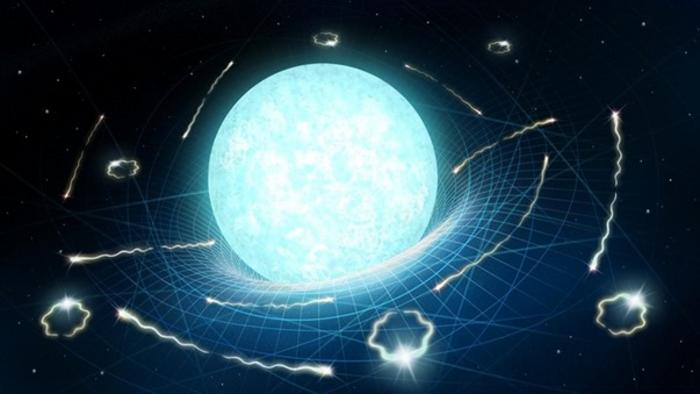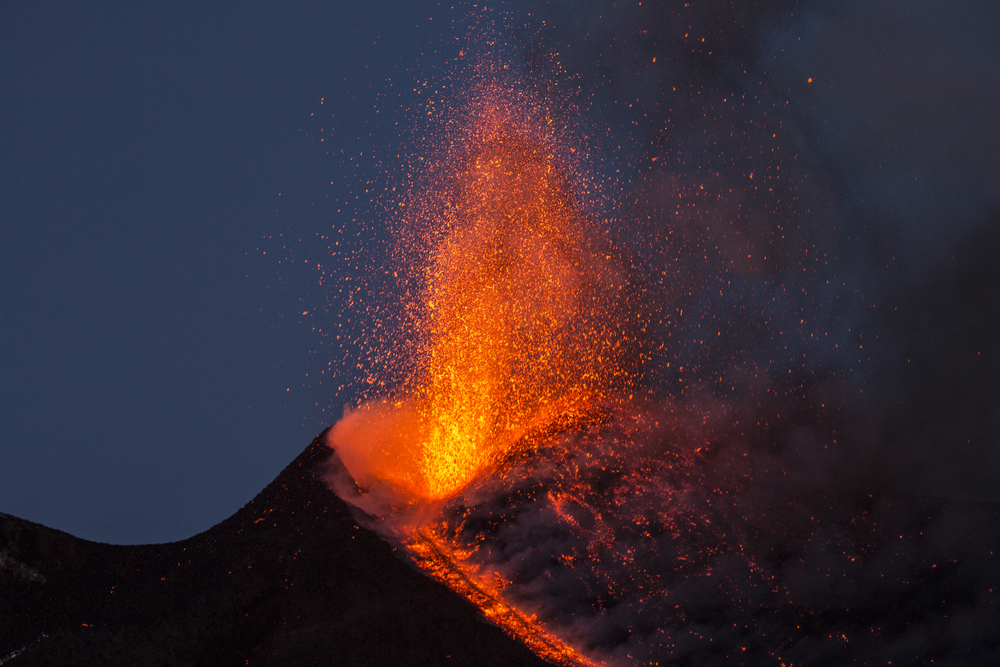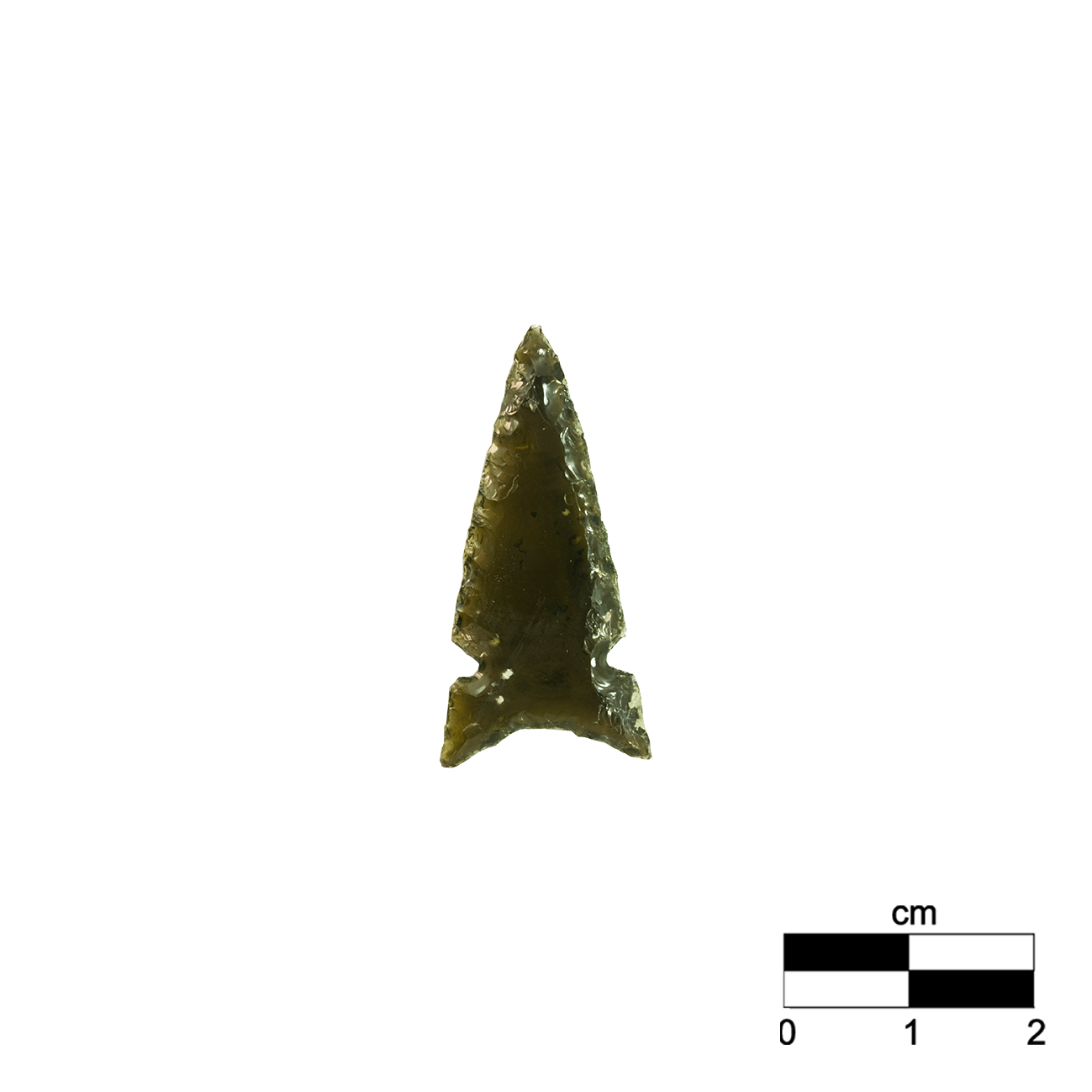Now Reading: When Will the Universe Cease to Exist?
-
01
When Will the Universe Cease to Exist?
When Will the Universe Cease to Exist?

Quick Summary
- Albert Einstein theorized black holes only grow; Stephen Hawking proposed they can decay via Hawking radiation.
- A recent study from Radboud University supports Hawking’s notion, showing that black holes-and other massive objects like neutron stars-can evaporate over extremely long timescales.
- Researchers calculated that the Universe could vanish in approximately 1 followed by 78 zeroes years, much faster than earlier estimates of 1 followed by 1,100 zeroes years.
- Neutron stars and stellar black holes were found to have similar evaporation times: around a 1 with 67 zeroes years. This results from competing forces such as gravitational fields and absence of surfaces in black holes.
- The Moon or a human would theoretically take far longer to evaporate (1 followed by 90 zeroes years).
- The study aims to refine understanding of theoretical physics and unravel mysteries surrounding Hawking radiation.
[Images not available based on input text]
Indian Opinion Analysis
This intriguing exploration of cosmic phenomena highlights the interplay between theoretical physics and empirical finding. By supporting Stephen Hawking’s assertion through advanced calculations, researchers have narrowed down estimates for worldwide timelines within scientific limits. These studies not only deepen our understanding of how space-time evolves but also contribute considerably toward unpacking the mechanics behind gravitational fields.
For India, such advancements resonate well with its expanding ambitions in astrophysics and space research. Institutions like ISRO could take inspiration from this level of inquiry to enhance their efforts beyond immediate applications such as lunar or Martian exploration into broader scientific pursuits addressing universal questions. Encouraging collaborations with global universities conducting frontier research might help bolster India’s growing scientific reputation while positioning it alongside leading nations driving cosmological studies forward.
Read More: Discover magazine article




























